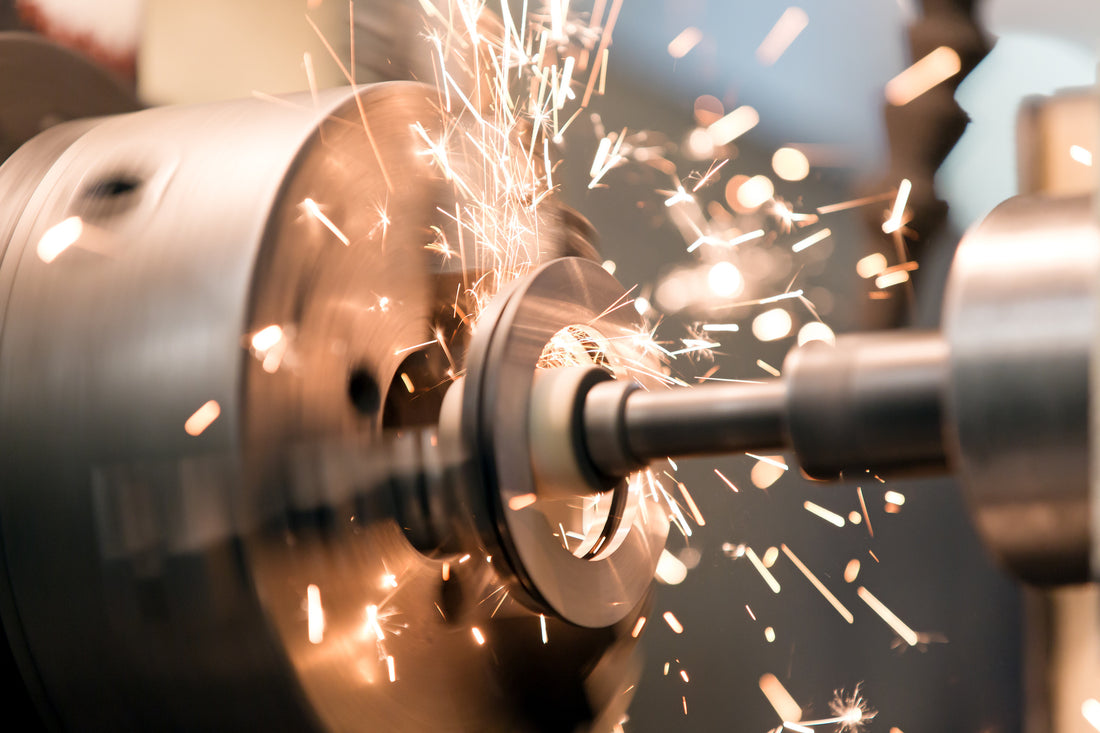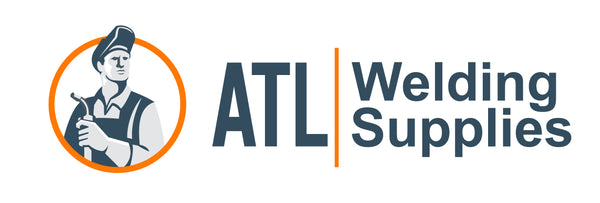
Beginners Guide: How to Choose The Perfect Welding Machine For You
Share
Welding has a history that dates back thousands of years. Early forge welding required ample brute strength as two molten pieces of overlapping metal were hammered until they fused together.
Luckily, welding today is a more refined process. Arc welding uses the hot spark of electricity to melt two separate pieces and a filler rod and bind them together.
The application of welding is broad. You can weld underwater or you can weld in space. You can make furniture, repair oil rigs, or even cut things apart.
Different welding machines are appropriate for different needs. Check out this handy welder buying guide before you take the plunge.
MIG Welding
MIG welding uses self-feeding consumable wire in a hand-held welding torch. Inert gas shields the weld pool from oxygen and water vapor, reducing spatter and strengthening the bond.
Because the wire feeds itself, you can use both hands to steady the torch. This makes it a quicker process that's easy for beginners to pick up.
TIG Welding
A step up from MIG welding, TIG welding takes more than natural aptitude to master. Both hands work in tandem wielding the torch and manually feeding the filller metal. A foot pedal controls the heat.
It's a lot to coordinate, and you'll need training to get it right. TIG welding provides the cleanest, strongest weld and is the preference of professional welders.
It offers the highest range in thickness of material and can be used on thin metals without the risk of warping and burning through.
Stick Welding
While MIG welding and TIG welding require shielding gas, stick welding does not. Instead, a consumable stick electrode is coated with flux, which melts and off-gases.
Stick welding is convenient and straight forward. It's great for rough repairs and can even work on rusty or dirty material.
But it's not the prettiest. The flux coating leaves behind a layer of byproduct that you'll have to chip off and clean up.
Do You Have Enough Power?
Before you run home with your new welder, you'll have to check its voltage requirements.
Low voltage hobby welders can get by on a standard outlet. Heavy duty welding will need generator power or a dedicated high voltage outlet.
What Materials Will You Be Using?
Determine what materials you'll work with before buying a welder. Not every welder can handle every metal.
All three welders discussed here can work with steel and stainless steel. Stick welders are effective on cast iron too.
MIG and TIG welders can also take aluminum alloys and silicon bronze. TIG takes it further, adding copper, brass, titanium, and magnesium.
Which Welding Machine Is Right for You?
How to choose a welder comes down to you. Your skill level, your output demands, and your access to voltage are all things to consider when deciding on the right welding machine.
When you're ready to buy, check out our catalog of welders for sale. Or give us a call. With decades of experience in the welding business, we've got the answers to your welding questions.
